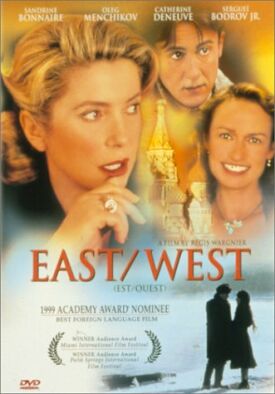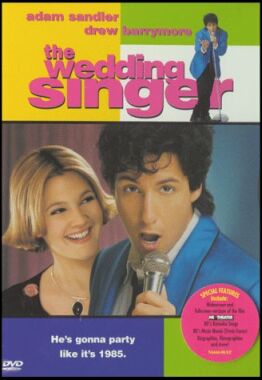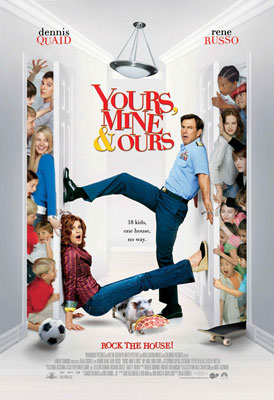Wonder Boys
Movies about novelists can be even more deadly boring and narcissistic than novels about novelists. Wonder Boys, directed by Curtis Hanson from an adaptation by Steve Kloves of Michael Chabon’s novel, is a case in point. Not only is the movie far too taken up with writers and writerliness, it is a movie made according to a formula — a “writing”-school product in more ways than one. Wacky adventures happen to a schlubby academic victim, a teacher of “writing” and blocked novelist called Grady Tripp (Michael Douglas) until he emerges triumphant and successfully writing again, having passed through his comical difficulties and self-destructive behavior (constant dope smoking) and defeated the soulless academics and pretentious non-entities who surround him, as they do so many “writers.”
As the film opens, Grady is unable to finish his second novel, and his wife has just left him. “Emily feels you haven’t been there for her,” her father tells him. “She’s felt that way for a long time.” Now she’s not there for him. But as she makes no appearance in the picture and he’s having an affair with the chancellor of the university, Sarah Gaskell (Frances McDormand) who is also the wife of his department head, it’s hard to understand why Grady cares — if he cares.
He is also being pursued (poor fellow) by a sexy student called Hannah (Katie Holmes). “I’ve been reading The Arsonist’s Daughter,” says Hannah seductively of Grady’s first novel. “It’s so beautiful . . . I’m not quite the downy innocent you think.”
“That’s too bad,” says Grady. “We need all the downy innocence we can get.”
It is the only true thing said in the movie but is clearly just a throwaway. Grady’s longing for innocence is soon forgotten as he proceeds to screw up his life even more. At a party at Sarah’s house, a malevolent dog belonging to her husband, Walter (Richard Thomas), bites him and is killed by Grady’s star pupil, James Leer (Tobey Maguire), who has also just stolen a valuable jacket that once belonged to Marilyn Monroe from a safe in Walter’s bedroom. Grady and James try to dispose of the body before Walter can find out, and James loses the jacket when it turns out that Grady’s car is stolen.
Meanwhile, Grady’s editor, the flamboyantly gay Terry Crabtree (Robert Downey Jr.), is in town trying to encourage him to finish the new novel, which is now more than 2000 pages in length. Terry’s job depends on a success to match that of The Arsonist’s Daughter. “I guess I don’t fit the new corporate profile,” says Terry, or “Crabs” as he is affectionately known.
“What’s that?”
“Competence.”
Terry and Grady, two hard-drinking, dope-smoking, sexually licentious free spirits, are both meant to stand out against the background of the boring bourgeoisie of Pittsburgh, from whose deadening influence they rescue the precocious James as well as (more oddly) the enigmatical Sarah — who as a pillar of the community is presumably far from being the “freak” that Grady and James pretend to be. When we leave Grady it is in a state of suspiciously domestic, suspiciously rural literary productivity, although we have been given too few reasons to care whether he is productive or not — or, for that matter, whether he is domestic or not. At one point, Grady laments: “What does it matter what I think? What does it matter what anyone thinks? Books don’t mean anything. Not anymore.” This movie is a good illustration of why not.
Discover more from James Bowman
Subscribe to get the latest posts to your email.







